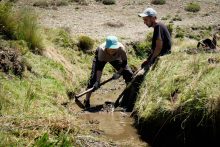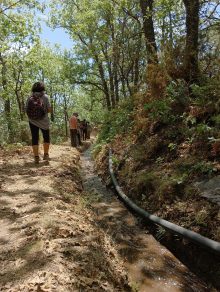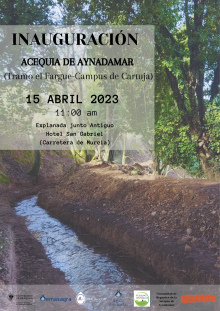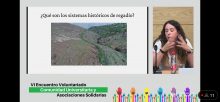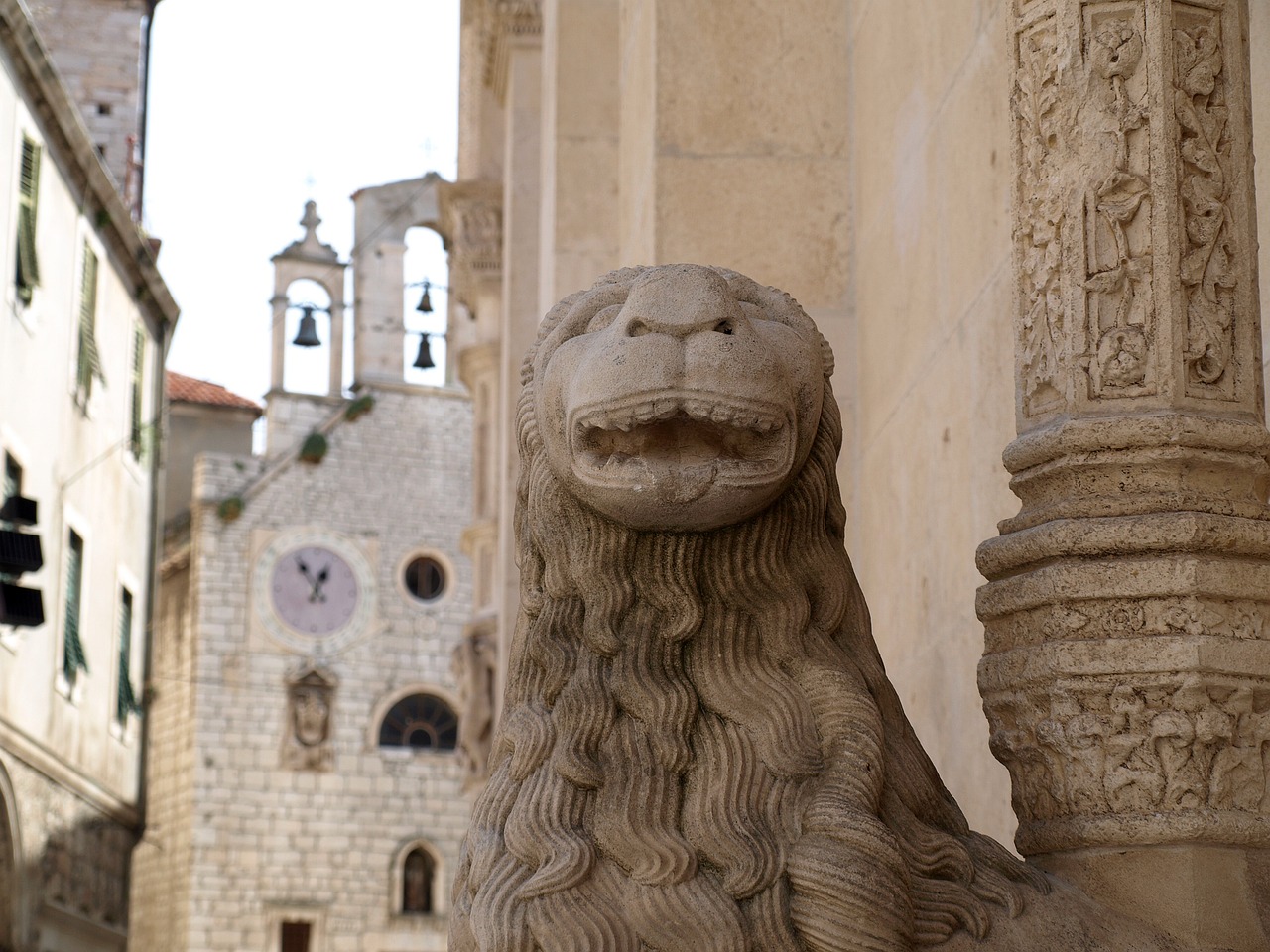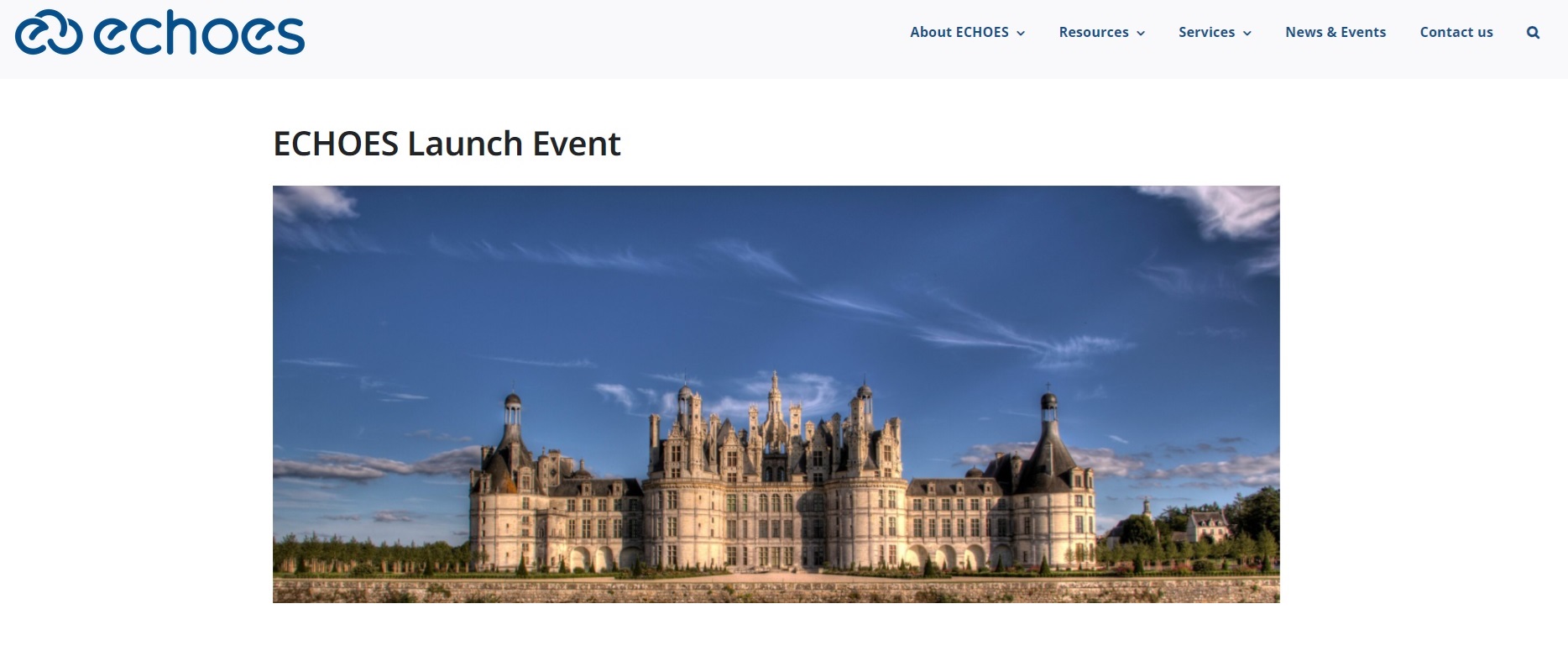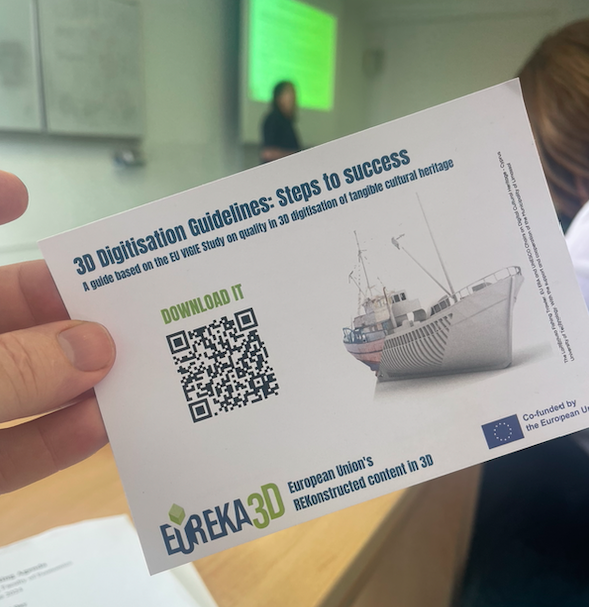text and images courtesy of Elena Correa Jiménez (University of Granada).
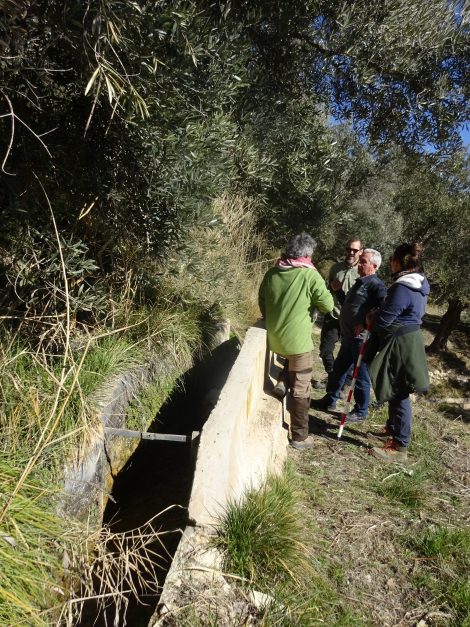 INCULTUM Pilot in Granada is coordinated by the Biocultural Archaeology Laboratory (MEMOLab), led by Professor Dr. José María Martín Civantos, from the Department of Medieval History and CCTTHH of the University of Granada. It includes fieldwork of digitisation of irrigation ditch networks and location of elements intended to the creation of cultural trails.
INCULTUM Pilot in Granada is coordinated by the Biocultural Archaeology Laboratory (MEMOLab), led by Professor Dr. José María Martín Civantos, from the Department of Medieval History and CCTTHH of the University of Granada. It includes fieldwork of digitisation of irrigation ditch networks and location of elements intended to the creation of cultural trails.
One of the towns in the area of the Pilot is Castril, located in the northeast of the province of Granada, where the mapping work of irrigation ditches is taking place with collaboration of the municipality and by participatory activities which involve citizens, volunteers and students.
The Pilot is also continuing negotiations between the irrigation community and the Town Hall, with the aim of finalizing the administrative agreement for payment for the services.
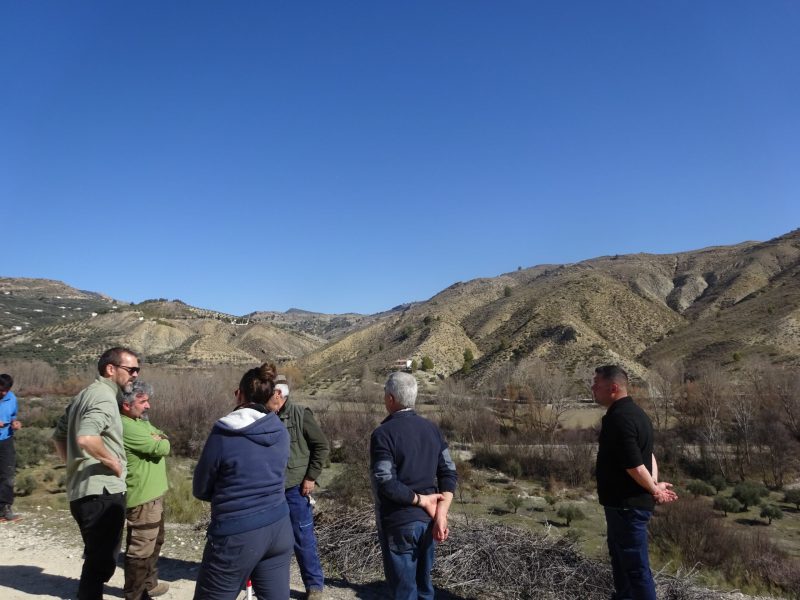
On 3 February there was a meeting with the Castril Town Council and the Community of Irrigators of the municipality. The experts of MEMOLab continue to gather information about the cultural trail that will run along the main irrigation channel of the Vega de Tubos to the town centre.
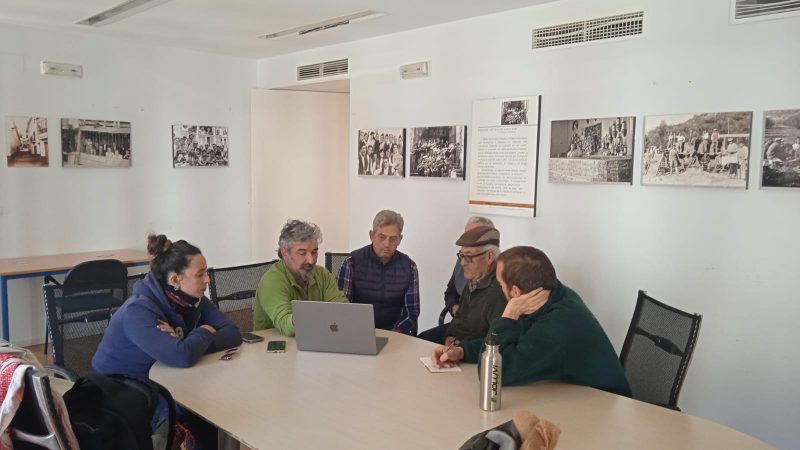
Learn more about INCULTUM Pilot 1 – Altiplano de Granada



